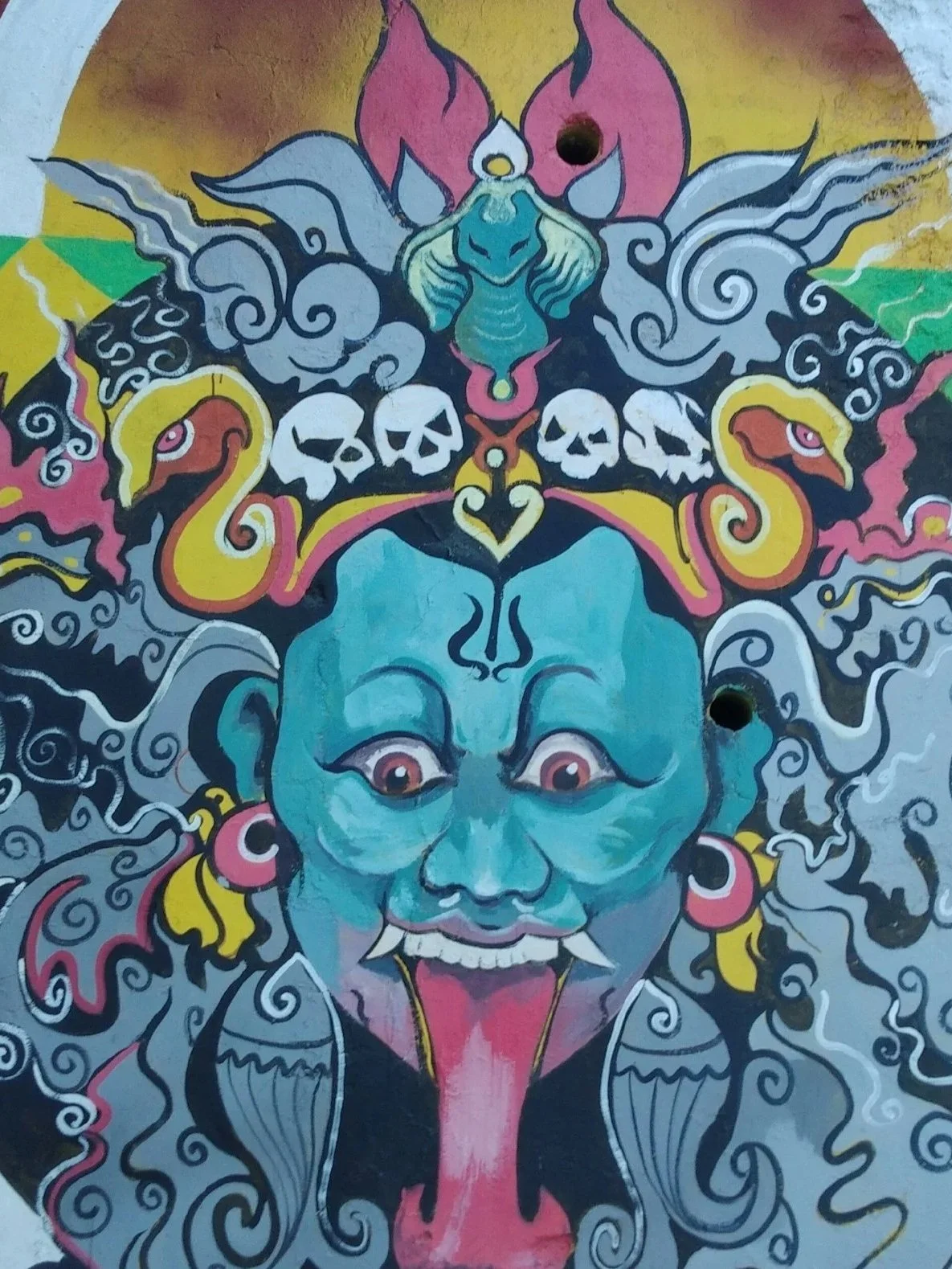Transformation After A Bad Psychedelic Trip
Psychedelic experiences have become increasingly common as people seek healing, insight, and expanded states of consciousness. But not every journey feels positive in the moment. A “bad trip” can leave someone shaken, overwhelmed, or terrified—sometimes even reexperiencing trauma they thought was long buried.
From a depth psychology perspective, these challenging experiences can hold profound potential for transformation. What feels unbearable in the moment often points to unconscious, preverbal, or repressed material that is seeking to be known and integrated. With care, patience, and the right therapeutic support, what begins as a nightmare can open into deep healing.
What Is a Bad Psychedelic Trip?
A “bad trip” often refers to a psychedelic journey filled with fear, confusion, or distressing imagery. People may experience:
Intense anxiety or panic
Feelings of being trapped or losing control
Reexperiencing traumatic memories or sensations
Encounters with frightening images or archetypal energies
While this can feel destabilizing, it is important to remember that the psyche has its own wisdom. In depth psychology, we understand the unconscious as holding not only forgotten or repressed pain, but also the seeds of healing and growth. A bad trip may actually be the psyche’s way of bringing hidden material into awareness, so it can be worked with and transformed.
When the Unconscious Speaks: Trauma and Preverbal Material
One of the reasons psychedelic journeys can be so powerful—and so overwhelming—is that they bypass the defenses of the rational mind. This opens the door to layers of experience that may not have been accessible before, including preverbal trauma and repressed memories.
Preverbal material refers to experiences that occurred before we had words or the capacity to understand them. This can include early relational wounds, medical trauma, or experiences of neglect. In adulthood, these experiences often live on as body sensations, emotions, or images rather than coherent memories.
During a psychedelic journey, these fragments can resurface with incredible intensity, creating a reexperiencing of past trauma. What feels like chaos in the moment may actually be the psyche’s attempt to bring what was hidden into the light of consciousness.
Why Integration Is Essential
The journey does not end when the medicine wears off. In fact, the most important part of psychedelic healing begins afterward: integration.
Integration means making sense of the experience, allowing space for the feelings that surfaced, and slowly weaving the insights into everyday life. For difficult trips, integration is especially crucial. Without it, someone may feel haunted or destabilized. With support, however, even the most painful material can become a source of growth.
Depth Psychotherapy and Making the Unconscious Conscious
Depth psychotherapy provides a safe, relational container for unpacking psychedelic experiences. Rather than rushing to “fix” or erase the distress, depth therapy invites curiosity and compassion toward the images, sensations, and emotions that arose.
Working with a therapist skilled in integration can help you:
Explore the symbolic meaning of the images or sensations
Recognize how early wounds may be showing up in new ways
Develop language for preverbal or fragmented experiences
Bring unconscious material into conscious awareness
Find meaning and healing in what once felt unbearable
This slow, careful unpacking allows the psyche to metabolize the experience. Over time, what felt like a terrifying regression can become a turning point toward wholeness.
From Overwhelm to Transformation
A bad trip is not a sign of failure, nor does it always mean something has gone wrong. It is a reminder that the unconscious holds powerful material that sometimes needs more time, care, and support to process.
From a depth psychology perspective, these difficult journeys can actually be initiatory. They may bring us face to face with grief, fear, or parts of ourselves we long ago buried. By turning toward this material—rather than pushing it away—we have the opportunity to grow in self-understanding, compassion, and authenticity.
What begins as overwhelm can, with time, become a profound transformation.
Final Thoughts
If you have had a challenging psychedelic experience, you are not alone. The pain and confusion you felt can be honored and worked with, rather than dismissed. In the right therapeutic relationship, even the darkest images or sensations can become pathways to healing.
Depth psychotherapy offers a way of making meaning from what first feels unbearable—helping you bring the unconscious into consciousness, and guiding you toward deeper wholeness and integration.
If you are struggling to make sense of a difficult psychedelic journey and are looking for a safe, supportive place to explore what surfaced, I invite you to reach out. I offer psychedelic integration therapy in Oakland, California, and online throughout the state, providing a compassionate space to slowly and carefully unpack what emerged, making room for healing, self-understanding, and transformation.
At the same time, some psychedelic experiences can be so destabilizing that they require a higher level of care than I can provide in private practice. If you are in crisis or feel unsafe, please reach out for immediate support:
Call or text 988 in the U.S. to connect with the Suicide & Crisis Lifeline
Call 911 if you are in immediate danger or need emergency medical services
If outside the U.S., you can find international hotlines at findahelpline.com
You do not need to navigate this alone—help is available.

